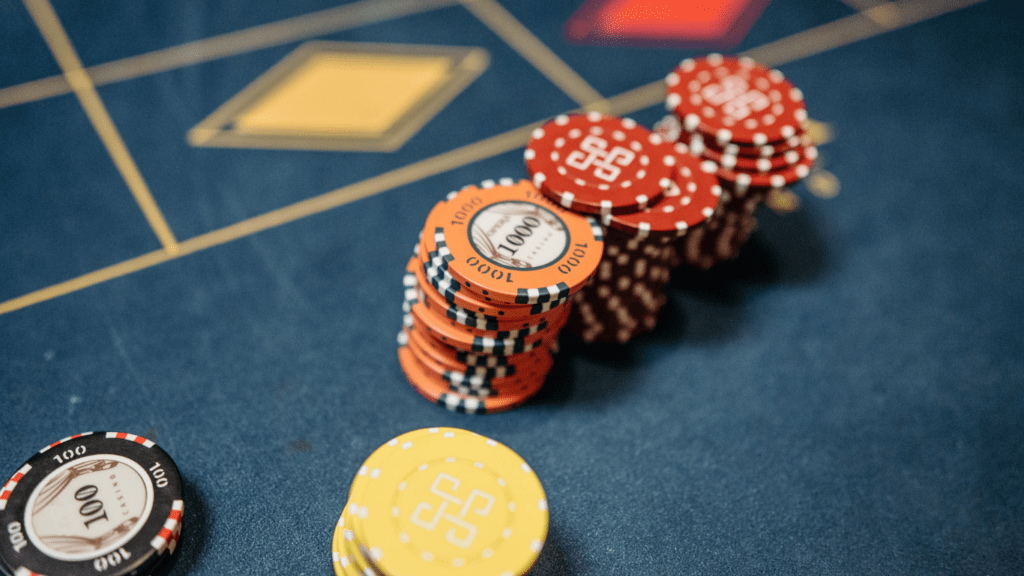Understanding the Psychology of Losing Streaks: Why We Attribute Failures to Bad Luck
Understanding Losing Streaks Losing streaks occur when setbacks follow in quick succession. Individuals often link these streaks to external factors. Encountering repeated failures, like in sports events or poker games, can lead people to perceive their continued losses as misfortune rather than self-error. A psychological mechanism, known as attribution bias, comes into play where individuals […]
Understanding the Psychology of Losing Streaks: Why We Attribute Failures to Bad Luck Read More »








